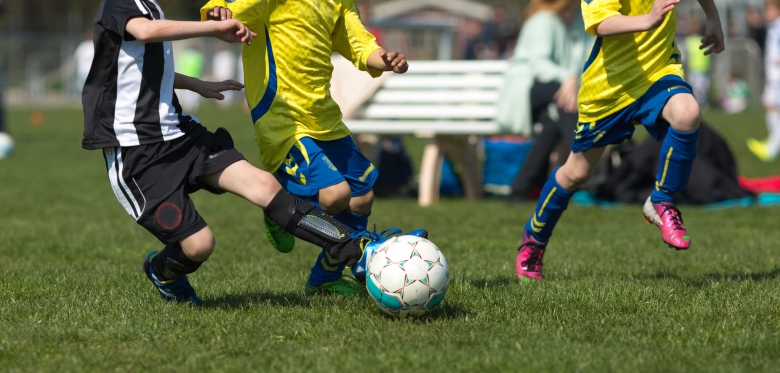In and around November last year, several ex professional football players came forward with allegations that they were victims of child sexual abuse. Within a number of weeks stories from each of these individuals were front page news across the UK encouraging others who had suffered abuse in football – and, most likely, outside of football - to come forward.
The most recent figures from the National Police Chiefs’ Council (NPCC) reveal that 429 individuals, claiming they had been victims of child sexual abuse in football, had been identified.148 football clubs are estimated to be involved with 155 potential suspects being named. Of those who have come forward, 98% were male with their ages ranging from four-years-old to twenty, at the time of the alleged abuse.
It has become increasingly clear over this short period of time, that this is a serious and wide spread issue which will have a significant, long lasting impact on individuals and organisations involved in the ‘national game’.
Could more have been done in the world of football?
There have been reports that the governing body for football in England - the Football Association (FA) - scrapped a major review of its child protection policies in 2003. Some have suggested this was a dire miscalculation, given the allegations that have surfaced in recent months.
On 12 December 2016, former FA chairman, David Bernstein, said "If the FA was more modern, more sensitive, more in tune with what was going on in the world, there is more chance that it would have picked this up and it would have been reported to the chairman at the time". He went on to suggest that ‘the more old-fashioned organisations are, the more chance there is of these things being swept under the carpet.’
It will become clear over the next few months what more the world of football could have done to prevent any abuse from occurring. It is for the Football Association and clubs at all levels of football to review their relevant policies in relation to child protection. This is of utmost importance to protect the interests of children who are currently being entrusted to the care of adult coaches, who themselves are given very little supervision, guidance or education in child welfare.
It must, however, be stated that positive steps have been taken in recent years and coaches are now required to undergo police checks before being able to coach and run junior football teams. In addition most clubs now require junior coaches to pass FA coaching courses which provide limited guidance and information on child welfare – something which has only been required over the last few years. Any fault of the FA and individual clubs will be more concentrated on any actions or failures in the 70’s, 80’s, 90’s and early 2000’s.
So what does this mean for victims and what steps can they now take?
Those victims who have come forward have prompted a national police investigation and wide scale media scrutiny. The issue has brought to the forefront of the public consciousness and the FA - along with the football clubs themselves – are now under the spotlight. It is now their responsibility to ensure any opportunity for abuse to take place in future is eradicated.
Those who have come forward – either publically or otherwise - may be able to bring civil claims against those accused of abuse. These claims can be made against a single person, or against the alleged abusers’ employers, the relevant football club or – alternatively - the Football Association itself.
Any successful claim against the FA would depend upon demonstrating a failure to implement policies and procedures in order to prevent the incident/s of abuse taking place. Both the FA and the football clubs have and historically had a duty to protect these children whilst playing football. Any potential claimant would assert that this is a duty they clearly breached.
Bringing a civil claim will no doubt be incredibly daunting. We have seen in recent high-profile cases that revisiting and recounting experiences of historic child abuse is difficult and often distressing. However, we have also seen that there is a viable path to securing justice and redress for victims of historic child abuse. The legal system is better prepared for dealing with such cases now than they have ever been and any victims should be encouraged to seek legal advice, pursue their abusers in the courts and secure the outcome they deserve.



Comments